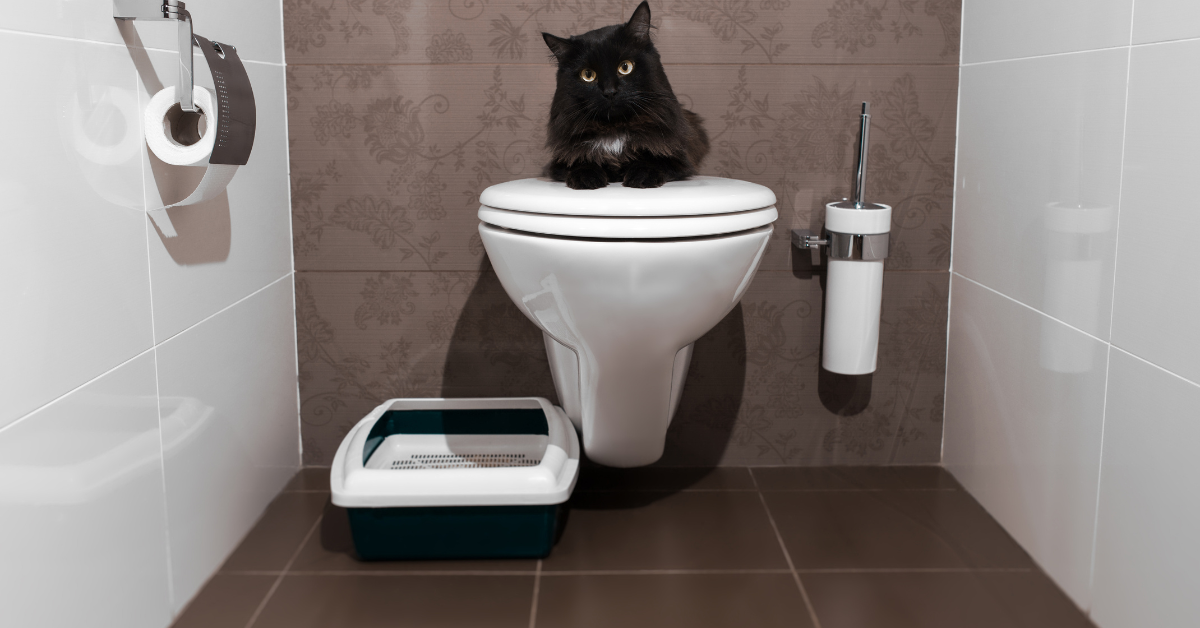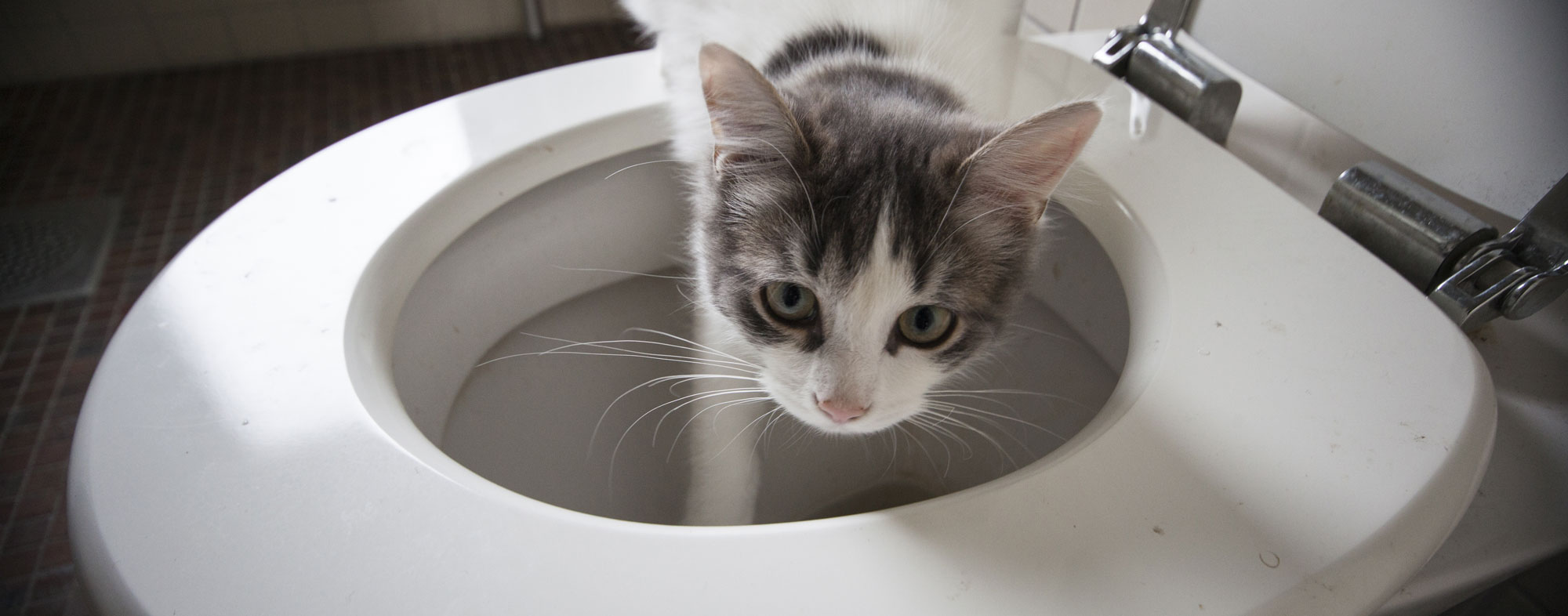Avoid Flush Cat Poop Down Your Toilet - Safeguard Your Plumbing Infrastructure
Avoid Flush Cat Poop Down Your Toilet - Safeguard Your Plumbing Infrastructure
Blog Article
Were you on the lookout for critical information about Don’t flush cat feces down the toilet?

Introduction
As cat owners, it's essential to bear in mind just how we dispose of our feline close friends' waste. While it might seem hassle-free to flush cat poop down the toilet, this practice can have destructive repercussions for both the environment and human health and wellness.
Environmental Impact
Flushing pet cat poop presents hazardous microorganisms and parasites right into the water supply, posing a considerable threat to water communities. These impurities can negatively affect marine life and concession water top quality.
Health and wellness Risks
Along with environmental problems, flushing pet cat waste can likewise position health and wellness risks to humans. Cat feces may include Toxoplasma gondii, a bloodsucker that can cause toxoplasmosis-- a possibly extreme ailment, particularly for expectant women and individuals with damaged immune systems.
Alternatives to Flushing
Luckily, there are more secure and extra responsible means to get rid of cat poop. Think about the adhering to alternatives:
1. Scoop and Dispose in Trash
One of the most common technique of taking care of cat poop is to scoop it right into a biodegradable bag and throw it in the trash. Make certain to utilize a committed trash inside story and take care of the waste quickly.
2. Usage Biodegradable Litter
Go with eco-friendly feline trash made from materials such as corn or wheat. These litters are environmentally friendly and can be safely taken care of in the garbage.
3. Bury in the Yard
If you have a lawn, consider burying feline waste in an assigned location far from vegetable yards and water sources. Make certain to dig deep enough to prevent contamination of groundwater.
4. Set Up a Pet Waste Disposal System
Buy a pet dog garbage disposal system particularly designed for feline waste. These systems use enzymes to break down the waste, minimizing odor and environmental effect.
Conclusion
Liable pet dog ownership extends beyond providing food and shelter-- it likewise involves appropriate waste administration. By refraining from flushing pet cat poop down the toilet and going with alternative disposal approaches, we can lessen our ecological impact and shield human wellness.
Why Can’t I Flush Cat Poop?
It Spreads a Parasite
Cats are frequently infected with a parasite called toxoplasma gondii. The parasite causes an infection called toxoplasmosis. It is usually harmless to cats. The parasite only uses cat poop as a host for its eggs. Otherwise, the cat’s immune system usually keeps the infection at low enough levels to maintain its own health. But it does not stop the develop of eggs. These eggs are tiny and surprisingly tough. They may survive for a year before they begin to grow. But that’s the problem.
Our wastewater system is not designed to deal with toxoplasmosis eggs. Instead, most eggs will flush from your toilet into sewers and wastewater management plants. After the sewage is treated for many other harmful things in it, it is typically released into local rivers, lakes, or oceans. Here, the toxoplasmosis eggs can find new hosts, including starfish, crabs, otters, and many other wildlife. For many, this is a significant risk to their health. Toxoplasmosis can also end up infecting water sources that are important for agriculture, which means our deer, pigs, and sheep can get infected too.
Is There Risk to Humans?
There can be a risk to human life from flushing cat poop down the toilet. If you do so, the parasites from your cat’s poop can end up in shellfish, game animals, or livestock. If this meat is then served raw or undercooked, the people who eat it can get sick.
In fact, according to the CDC, 40 million people in the United States are infected with toxoplasma gondii. They get it from exposure to infected seafood, or from some kind of cat poop contamination, like drinking from a stream that is contaminated or touching anything that has come into contact with cat poop. That includes just cleaning a cat litter box.
Most people who get infected with these parasites will not develop any symptoms. However, for pregnant women or for those with compromised immune systems, the parasite can cause severe health problems.
How to Handle Cat Poop
The best way to handle cat poop is actually to clean the box more often. The eggs that the parasite sheds will not become active until one to five days after the cat poops. That means that if you clean daily, you’re much less likely to come into direct contact with infectious eggs.
That said, always dispose of cat poop in the garbage and not down the toilet. Wash your hands before and after you clean the litter box, and bring the bag of poop right outside to your garbage bins.
https://trenchlesssolutionsusa.com/why-cant-i-flush-cat-poop/

As a keen person who reads about Can You Flush Cat Poo or Litter Down the Toilet?, I think sharing that piece of writing was beneficial. Sharing is caring. Helping people is fun. We take joy in reading our article about How to Dispose of Cat Poop and Litter Without Plastic Bags.
Free Estimate Report this page